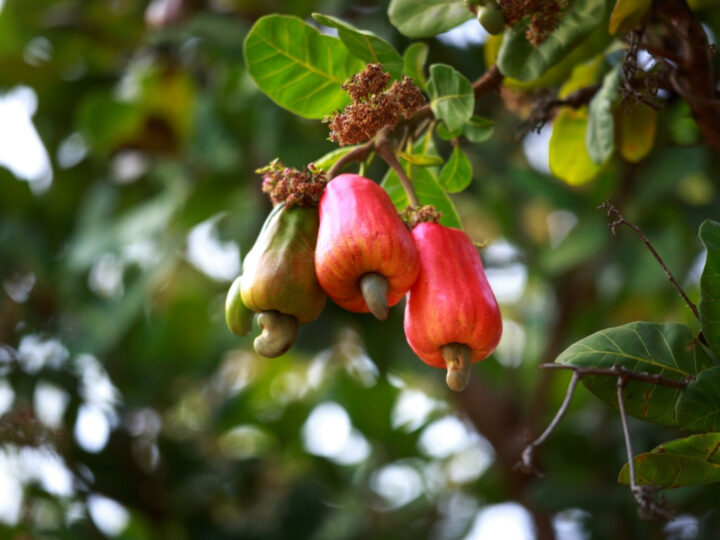The National Cashew Association of Nigeria (NCAN) says the country makes N14 billion annually from exporting cashew, but there needs to be more focus on processing.
Ojo Ajanaku, national president, NCAN, said this on Friday at a media briefing ahead of the 16th edition of the association’s conference in Abuja.
The conference is scheduled to hold from September 12 to September 16, 2022, in the country’s capital.
Ajanaku said the earnings made from exporting raw cashew is as much as N14 billion, adding that it could be higher if the federal government and subnational levels invested in the sector and supported local processing.
Advertisement
“We hope to grow to over a million metric tonnes in the next four or five years. Nigeria is presently doing more export of raw cashew nuts because we don’t process more of it. It is generally a problem in Africa, not only in Nigeria,” he said.
“We are not processing, but we are exporting raw cashew nuts, which gives us a lot of income when we talk about foreign earnings. This is second to sesame seed when you talk about foreign earning generations. We got about N14 billion in exports. We only had challenges in exporting during the time of Apapa gridlock.”
Ajanaku said the industry lacks investments, and about 400 jobs were lost in the country with every one thousand metric tonnes of cashew exported to India, Vietnam, and other Asian countries.
Advertisement
He said the sector can produce over one million metric tonnes in the next five years if the government and private organisations can invest in it.
“Though the government is trying its best to support the cashew sector in Nigeria, we need to ask for more, because we have the potential to produce more than what we are producing at the moment.
“Though the statistics we have cannot be said to be accurate, we are presently producing about 350,000 metric tonnes of cashew per annum.
“However, with the cooperation we have gotten from ministries, departments and agencies, for the seedlings we have distributed for the past years, we are believing that in the coming harvest, we will be meeting over 400,000 metric tonnes.”
Advertisement
On his part, Ernest Mintah, managing director, African Cashew Alliance, said Africa produces about 57 percent of the total world production of cashew and processes about 10 percent.
According to him, about five years ago, only five percent of cashew was processed in Africa.
“Today, we are somewhere around 10 percent. It is still too little,” Mintah said.
“What it means is that we are exporting a lot of jobs to Asia, particularly India and Vietnam, where the crop is being sent.”
Advertisement
Speaking about the conference, he said it is aimed at giving producers the platform to sensitise and attract more investments and create job opportunities for Nigerians, thereby, opening doors for expansion.
Mintah said this would ensure that more of the cashew being produced remains in Nigeria, “processed here and a lot of jobs will be created”.
Advertisement
“If we are exporting the primary product, we are getting something in the region of about one dollar 20 cents per kilogramme. That will cover the payment of the farmer and also cover the transportation, exportation, and the rest,” he said.
“But if we process, we stand the opportunity of getting over three times the revenue accruing to the government. We have three times that revenue accruing to the country where it is produced. We are also creating jobs.
Advertisement
“Every thousand metric tonnes of cashew that is processed, you can employ about 250 to 400, depending on the type of technology that is being used. So, we have been losing about 300 jobs exporting cashew, which we can process here.”
Mintah added that investors will be taken to factories in Nigeria to enable them to see the investment opportunities.
Advertisement
Add a comment






